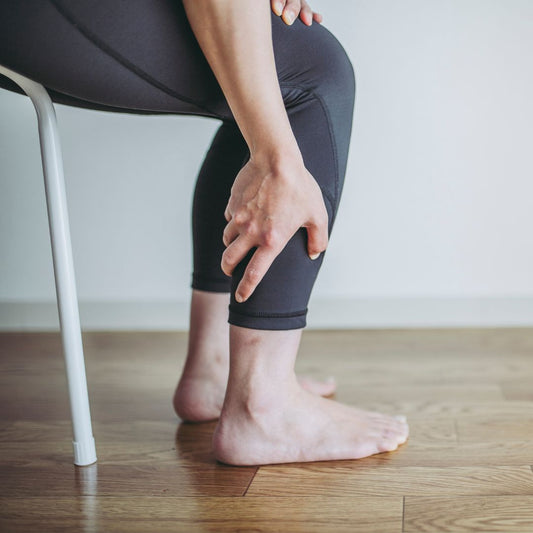By Dr. Peter Klapper Ph.D.
How do you treat back pain at home and with a doctor's help? Back pain affects an estimated 31 million Americans according to the ACA and is one of the single leading causes of physical disability worldwide. It includes the lower and upper back, sciatica, neck and shoulders, the pain can travel from your neck to your legs.
Causes can vary from age, disease or injury to the muscles, bones, and/or nerves of the spine. Degenerative disc disease, arthritis, osteoporosis, pregnancy or even abdominal issues such as kidney & bladder infections can also cause back pain. As well as occupational requirements, heavy lifting or even a poor physical condition.
While acute pain can come on suddenly and last up to 6 weeks, chronic pain can last well over several months. Depending on the pain, you might find yourself doing the following treatments:
Home Treatments
Hot/cold packs on the area of pain.
Rest, yet moving around helps prevent muscles from weakening and helps ease the stiffness.
Over-the-counter (OTC) nonsteroidal anti-inflammatory drugs (NSAID) such as ibuprofen (Advil, Motrin IB, others) or naproxen sodium (Aleve) help to temporarily relieve discomfort.
Topical and Natural pain relievers such as creams, oils, or salves that you rub into your skin relieve pain and can often prevent future pain attacks. Our natural Back Pain offers an easy roll on application that works quickly to relieve uncomfortable and debilitating back pain symptoms. With active ingredients like Arnica, a powerful relief for sprains, muscle aches and tendon pain. Ruta graveolens which has historically been used for its anti-inflammatory properties. Aesculus hippocastanum also known as horse chestnut contains many compounds to help reduce inflammation.
Complimentary Treatments
Chiropractor visits to treat joints and spine.
Acupuncture helps the body release natural painkillers and stimulates nerve and muscle tissue with fine needles.
Yoga can help to strengthen the muscles and improve posture.
Medical Treatments
Physical therapy muscle-release techniques may help to stretch and relax the muscles over time.
Medication such as muscle relaxants may be prescribed along with OTC pain relievers if pain does not improve. Or narcotics such as hydrocodone may be prescribed. However, these painkillers can cause drowsiness and have serious side effects.
Cortisone is an anti-inflammatory drug that may be injected around the spinal cord. Injections can numb the areas of pain and reduce inflammation.
Botox injections can last several months and paralyze muscles in spasm to help reduce pain.
Surgery
While rare, if you have a herniated disk surgery may be an option if sever, persistent pain and nerve compression is present.
How Do You Treat Back Pain?




